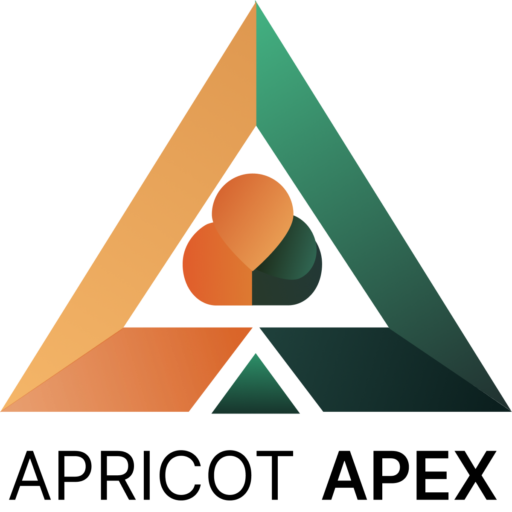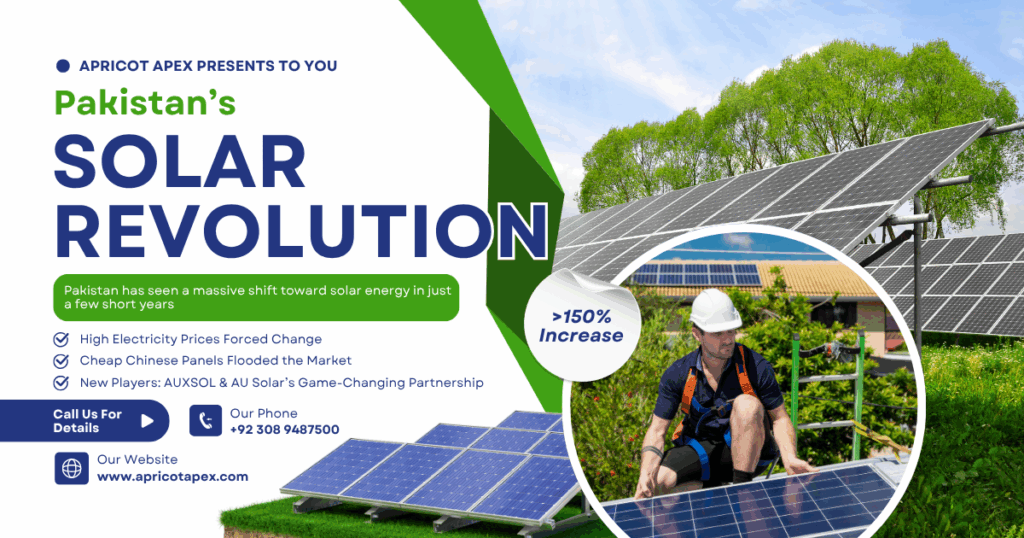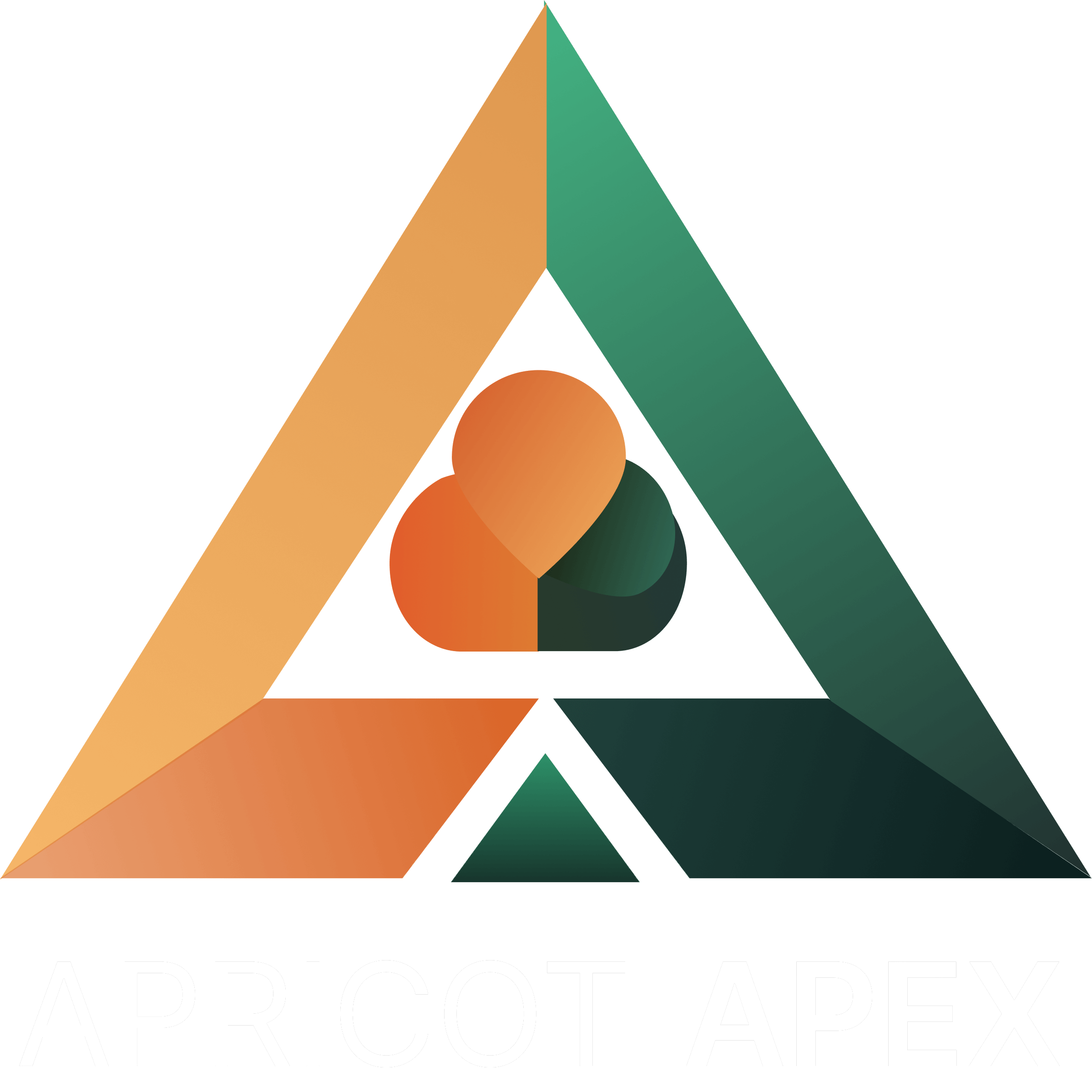Introduction
Pakistan has seen a massive shift toward solar energy in just a few short years. Behind this surge is a mix of rising electricity costs, affordable Chinese solar panels, government incentives, and market demand.
If you’re a solar provider, installer, or part of the supply chain, it’s important to understand what made this boom possible and what it means for the future of your business.
1. High Electricity Prices Forced Change
Between 2021 and 2024, electricity prices in Pakistan increased by over 150%. This hit households and businesses hard, especially those relying heavily on the national grid.
With power bills getting unaffordable, people started looking for long-term, cost-saving alternatives and solar became the most obvious solution.
What this means for you: Demand for residential and commercial solar skyrocketed. Now, even small shop owners and middle-income households are considering solar installations.
Source: World Economic Forum, 2024
2. Cheap Chinese Panels Flooded the Market
At the same time that Pakistanis needed relief, Chinese solar manufacturers overproduced panels causing a global price drop.
In 2024, Pakistan became the world’s largest importer of solar panels, bringing in 17 GW worth of modules, according to global trade data.
What this means for you: If you’re in solar sales or installations, prices have never been more competitive. You can now offer complete solutions at lower upfront costs, making it easier to close deals.
Source: The Independent, 2025
3. Net Metering Made Solar Profitable
Government policy also played a key role.
With net metering, customers can sell extra electricity back to the grid. This made solar not just a way to save money but also a way to earn.
In just 18 months, net-metered capacity grew from 1.3 GW to over 4.1 GW.
What this means for you: Net metering helps you pitch solar as a smart investment, not just an expense. It’s easier to sell systems when customers know they’ll get monthly savings and income.
Source: PV Magazine, 2025
4. Commercial Sector Is Leading the Way
Big industries are now investing in solar too. For example, Lucky Cement added solar and wind power to its plant in Karachi and also installed Pakistan’s largest battery storage system, imported from China.
What this means for you: There’s growing demand for hybrid systems, inverters, and battery storage. Commercial and industrial clients are looking for long-term energy independence and green credentials.
Source: Financial Times, 2025
5. But Access Still Isn’t Equal
There’s a downside: most of the solar growth is happening in upper- and middle-class areas. Lower-income groups and renters often can’t afford the upfront cost or don’t own their rooftops.
What this means for you: There’s a gap in the market for solar leasing, smaller plug-and-play kits, and community-based solar projects. Providers who can find creative financing or shared systems will tap into a large, underserved market.
Source: Reuters, 2025
6. New Players: AUXSOL & AU Solar’s Game-Changing Partnership
AUXSOL, a sub-brand of China’s leading AUX Group, has entered Pakistan’s solar market with a focus on commercial and industrial inverter solutions. In partnership with AU Solar, they are introducing high-efficiency inverters designed for C&I-scale deployments bringing reliability, performance, and better after-sales support to a sector that has long relied on limited options.
What it means for you: For EPCs, developers, and large-scale commercial users, this means more choices in high-capacity inverters with strong local support. The AU Solar–AUXSOL partnership also signals an increasing shift toward tailored industrial energy solutions in Pakistan.
Source: AUXSOL x AU Solar Announcement
7. Solar Insights – A Platform for Promoting Local Solar Businesses
Solar Insights is a knowledge-sharing and promotional platform that shines a light on medium and smaller solar businesses in Pakistan. It profiles solar service providers, highlights success stories, and offers technical and market education to help consumers make informed decisions about solar solutions.
What it means for you: If you’re a local solar business, being featured on Solar Insights can dramatically increase your visibility among B2B buyers, homeowners, and project developers. It’s an organic and trust-building way to reach customers who are actively searching for solar solutions online.
Source: Solar Insights
8. Solar VibeMakers – Powering Digital Visibility for Solar Brands
In today’s landscape, visibility is everything. VibeMakers is a specialized digital agency helping solar companies particularly in developing markets like Pakistan build and manage a strong presence across platforms like Facebook, Instagram, and TikTok. From creating engaging video content to running ad campaigns and generating leads, VibeMakers empowers solar providers to reach more customers with clarity and purpose.
What it means for you: Whether you’re a growing solar installer or a distributor of solar products, working with a digital partner like VibeMakers can significantly boost your brand awareness, generate consistent inbound leads, and drive long-term customer engagement.
Source: VibeMakers Facebook Page
Key Takeaways for Solar Providers
- ✅ Target Areas with High Bills: Cities like Lahore, Faisalabad, and Karachi are seeing heavy demand.
- ✅ Bundle Smartly: Offer packages with inverters, batteries, and net metering support.
- ✅ Go Beyond Sales: Help customers with approvals, installations, and system monitoring.
- ✅ Offer Financing: Many clients want solar but can’t pay upfront EMI and leasing models are a game-changer.
- ✅ Expand to SMEs and Apartments: Use shared solar or compact off-grid systems to serve untapped groups.
Conclusion
Pakistan’s solar energy transformation has not been a one-dimensional journey it has been shaped by an ecosystem of policy reforms, private sector innovation, digital outreach, and community-led visibility. From large-scale government incentives and net metering policies to the influx of efficient Chinese panels, every piece has contributed to the current solar boom.
New players like AUXSOL, in partnership with AU Solar, are reshaping how commercial and industrial users think about power reliability offering robust, high-voltage inverter solutions tailored for local conditions. Simultaneously, digital platforms and agencies are rewriting the rules of engagement. VibeMakers is helping solar brands harness the power of social media to reach untapped audiences, while Solar Insights ensures that even medium and small-scale solar businesses have a seat at the table bringing them to the attention of buyers actively searching for solar solutions.
Together, these forces are democratizing access to clean energy and driving real economic empowerment across the country. Pakistan’s solar journey isn’t just a case study of policy success it’s a live example of how strategic partnerships, local expertise, and digital-first thinking can converge to create lasting impact.









